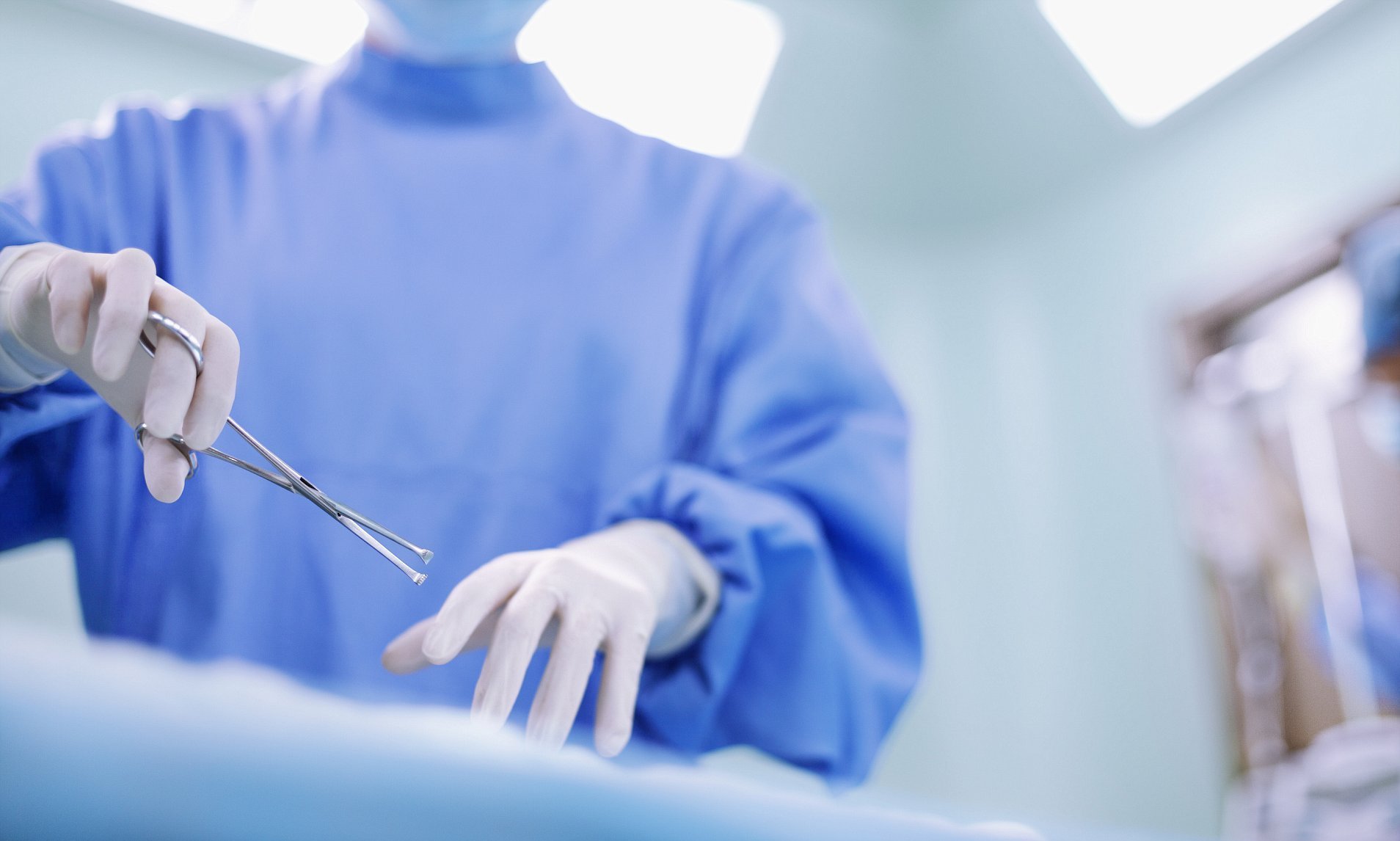Dr Osas Ikponwonsa, the Chief Medical Director of Calvary Estate Hospital, Benin, says women are likely to develop fibroids when they take birth control pills that contain estrogen.
Ikponwonsa said this in an interview with News Agency of Nigeria (NAN) on Wednesday in Benin.
Fibroid is a non-cancerous growth in the uterus that can develop during a woman’s childbearing age.
Estrogen is the primary female sex hormone responsible for the development and regulation of the female reproductive system and secondary
sex characteristics.
He said: “fibroids are the most frequently seen tumors of the female reproductive system. It is estimated that between 20 to 50 per cent of
women of reproductive age have fibroids, although not all are diagnosed.
“Some estimates state that up to 30 to 77 per cent of women will develop fibroids sometime during their childbearing years.’’
According to Ikponwonsa, the tumors are benign (non-cancerous) in most cases, stressing that the tumors are neither associated with
cancer nor increase a woman’s risk of uterine cancer.
He added that fibroids may range from the size of a pea to the size of a small grapefruit or softball.
The physician, however, said that the cause(s) of fibroids was still unclear, but it was the belief that each tumor developed from an aberrant
muscle cell in the uterus and could multiply rapidly because of the influence of estrogen.
He said women who were approaching menopause were at the greatest risk of fibroids because of their long exposure to high levels of estrogen.
The physician listed the symptoms as: heavy or prolonged menstrual periods, abnormal bleeding between menstrual periods and pelvic
pain as the tumor pressed on pelvic organs.
Others are frequent urination, low back pain and pain during intercourse, a firm mass, often located near the middle of the pelvis,
which can be felt by a doctor.
Ikponwonsa, therefore, advised women against unhealthy living, unnecessary medications and drug abuse.
He also urged them to be sensitive to their health needs and also to watch out for symptoms for early detection and easy cure. (NAN)



Leave a Reply